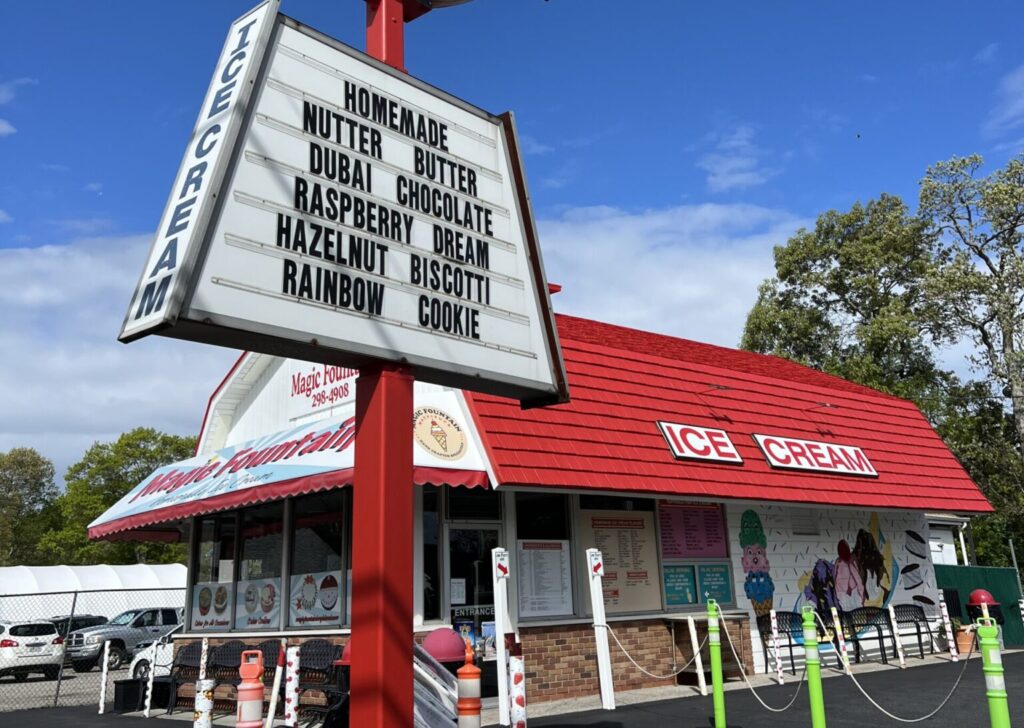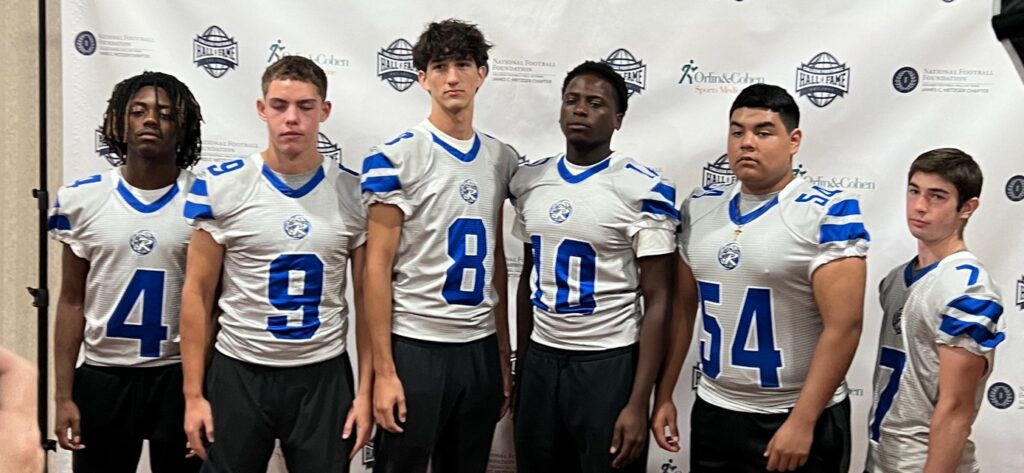Local activists coordinate efforts to reduce turtle road kill

In an effort to avoid roadkill, wildlife advocates have recently installed new street signs throughout the North Fork alerting drivers about potential, rather slow moving obstacles: turtles.
According to local experts, there are numerous “hot spots” on Riverhead and Southold Town roads where turtles are more likely to be run over.
“We have wooded areas, ponds or wetlands on both sides of our roads going east and west and north and south and, in some cases, these are habitat areas for turtles,” said Southold Town Highway Superintendent Dan Goodwin. “These new warning signs are just a piece of metal, but I think drivers will slow down when they see them because people are very conscious of wildlife in our area.”
The signs are the culmination of 12 years of work by Karen Testa, President of Turtle Rescue of the Hamptons. A turtle surgeon and passionate advocate, Testa said she has received countless calls from North Fork residents advocating for turtle X-ing signs to be installed. Ron Fisher Signs in Southampton produced dozens of placards for Ms. Testa for free. “For years, people who were concerned about saving turtles would put our signs on their own property,” she said. However, such signs on private property, just like election campaign signs, had to be removed due to town codes. She decided to put signs on public roads herself, but those, too, were not legally allowed to stay put.
“Then I thought, there must be a better way to save our turtles,” she said.
Ms. Testa began regularly contacting the state Department of Transportation to push for official turtle caution signs.
“They kept denying me, saying the additional signs will be a hazard for drivers,” she said.
So with the time needed to care for more than 250 turtles in her Manor Lane sanctuary, the idea of educating the public with signs on town roads slowed to a crawl — until this past November.
Backed with financial help from Andy Sabin, one of the founders of the South Fork History Museum, Ms. Testa met with the highway superintendents of four area towns — Southold, Riverhead, Brookhaven, Southampton — and Babylon in November. Mr. Sabin, who describes himself as being passionate about reptiles and amphibians “since I caught my first frog when I was 9, so that’s 70 years,” paid for all the signs. “I invited Karen to the superintendent’s meeting and the reaction was interesting. Everyone was enthusiastic,” he said.
Each superintendent was given 20 signs along with a list of the roads with the highest turtle mortality rates — a list that Ms. Testa began accumulating when she was establishing her non-profit 12 years ago. Currently, turtle hotspots on state and county roads aren’t accounted for on the list, because only the towns are involved in this signage effort.
“A lot of people come out from the city and they’re not aware that turtles are crossing the road. Now when they see our turtle signs, they’ll look for them hopefully. We’re trying to save all turtles,” Mr. Sabin explained.
If drivers are hoping to give turtles a hand in crossing roads, Mr. Sabin said the animals should be gently picked up and carried to the side of the road in the direction they were originally going, as turtles tend to return to their “home range.”
Riverhead Town has already placed a few signs on roads in Manorville near Swan Lake, where turtles are active. And signs are going up on Osborne Avenue just north of the Highway Department’s main office. “There’s marshland near us and we are trying to help Karen because she has a good cause,” said Riverhead Highway Superintendent Mike Zaleski. “Unfortunately, people speed and they don’t always see turtles. We want to help.”
“I hope our signs will make a difference,” said Ms. Testa. “I think people do slow down when they see deer crossing signs. Turtles are down on the ground and people in cars are texting so they’re not always looking. It’s getting worse because with habitat destruction, there’s nowhere for turtles to go. I’m so happy that the towns understand the importance of turtles to the ecosystem.”









